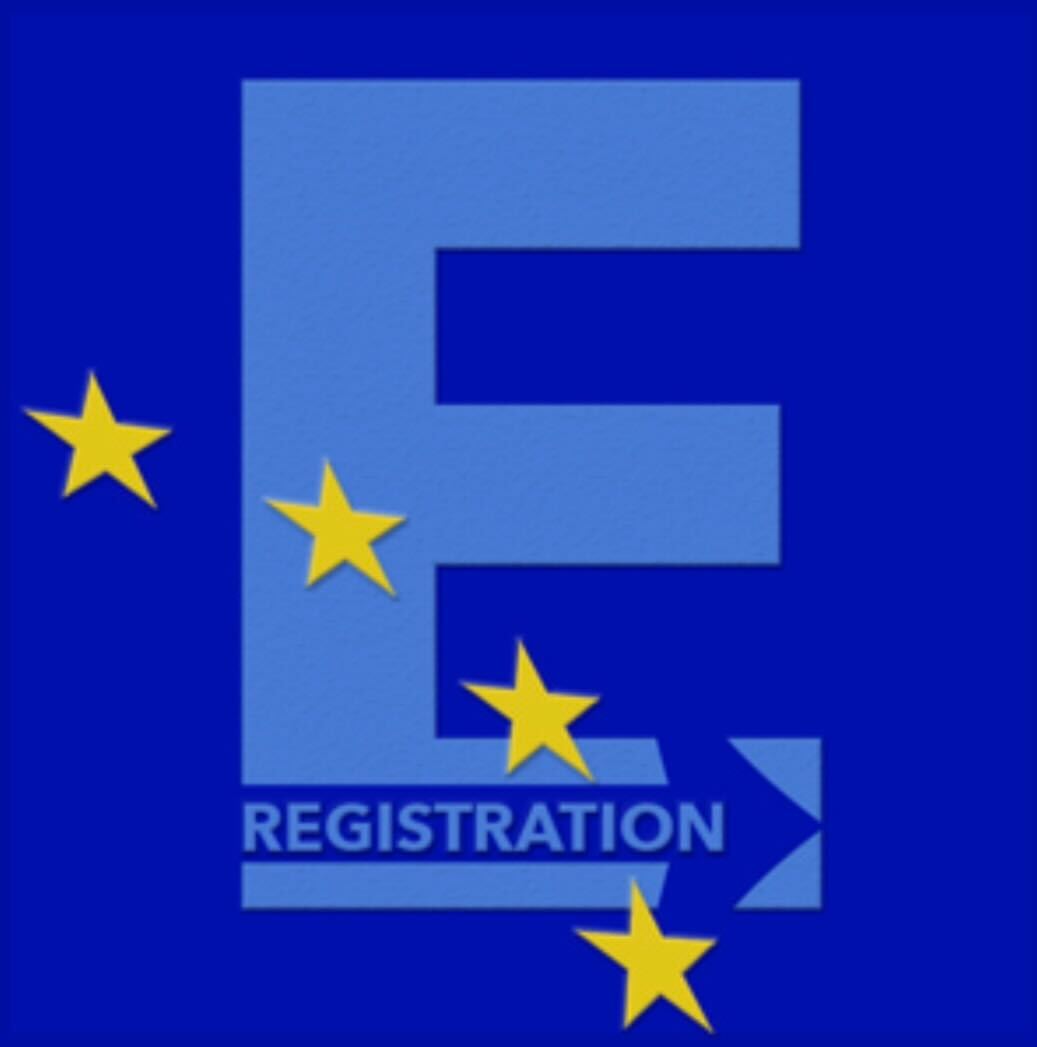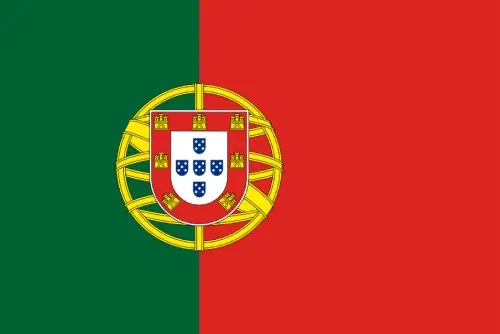
Portugal, or the Republic of Portugal, is the westernmost country in Europe and is situated in the continent's southwest. Additionally, it is one of the oldest European nations.
The autonomous regions of Madeira and the Azores are part of Portuguese territory. Portugal covers a total area of 92,090 km2 (35,560 sq mi).
Spain and Portugal are the only two ETIAS nations to have a shared border. This land border is 1,214 kilometers long (754 mi).
The same authorisation can be used to cross the border into Spain by travelers possessing a valid ETIAS for Portugal. This is made possible by the Schengen Agreement, which enabled borderless travel throughout all of the European countries that follow the Schengen visa rules.
Portugal has a long 1,794 km Atlantic Ocean border, which includes Madeira and the Azores.
Portugal and the European Union
Since January 1986, Portugal has been a member of the EU, joining the bloc at the same time as its neighbor Spain. In terms of GDP, Portugal is placed 46th in the world.
Portugal exports 76% of its goods to other EU nations, primarily to Germany, France, and Spain. The largest economic sectors are wholesale and retail trade.
Portugal currently has 21 representatives in the European Parliament. From 2004 to 2014, Portuguese politician José Manuel Barroso served as the head of the European Commission.
Portugal is a member of the Schengen region as well. It committed to removing borders by 1995 when it signed the agreement on June 25, 1991. As a result, the nation has recently been participating in the development of ETIAS.
ETIAS for Portugal
ETIAS is a visa-waiver program that allows travellers to enter Portugal without a visa for up to 90 days in any 180-day period.
ETIAS is an electronic system that determines whether a traveler can enter or transit the Schengen Zone without a visa. It does this by checking the traveller's information against various databases, including Interpol's database of stolen and lost travel documents and national criminal databases.
The ETIAS will be the new visa waiver that will be required for non-EU travellers to enter the Schengen Area.
ETIAS is designed to help detect people who may pose security or public policy risks before they can enter the Schengen Area.
Best Places To Visit in Portugal
Porto is a city in the north of Portugal. It is the country’s second-largest city and one of its oldest. Porto has been a UNESCO World Heritage Site since 1996.
It has a rich history and culture, with many historic buildings and monuments, as well as museums and art galleries. There are also many things to do in Porto, such as taking a boat ride on the Douro River, visiting one of the many wine cellars in the region, or tasting some port wine.
The Pena Palace is a 19th-century Romanticist palace built in the Neo- Manueline style. It is located in Sintra, Portugal. The palace is a UNESCO World Heritage Site and one of the Seven Wonders of Portugal.
The Pena Palace was built as a summer residence for the Portuguese royal family at the end of the 19th century. Its construction started in 1878 under King Luis I and took 20 years to complete. The palace was designed by English
architect Edward Welby Pugin, the son of Augustus Welby Pugin, who designed many buildings in the Gothic Revival style, including Westminster Palace in London.
The palace was named after its surrounding pine forest, which had been destroyed to make way for it and other buildings nearby (it means "pine forest" or "place with pines" in Portuguese).
Things You Must Know Before Going to Portugal
Portugal is a country in Western Europe with a population of 10.27 million. It's the eighth-most populous country in Europe and the 25th most populous on Earth.
The Portuguese culture can be described as one that is very diverse and colorful. Portugal has been inhabited by many civilizations, including the Romans, Visigoths, Celts, and Moors. The country has always been an important part of history, with many significant events such as the Age of Discovery and the Portuguese Empire taking place there.
Portugal is known for its amazing food, which is heavily influenced by its colonization period, as well as its rich history and culture, which can be seen throughout the country's architecture and monuments.



